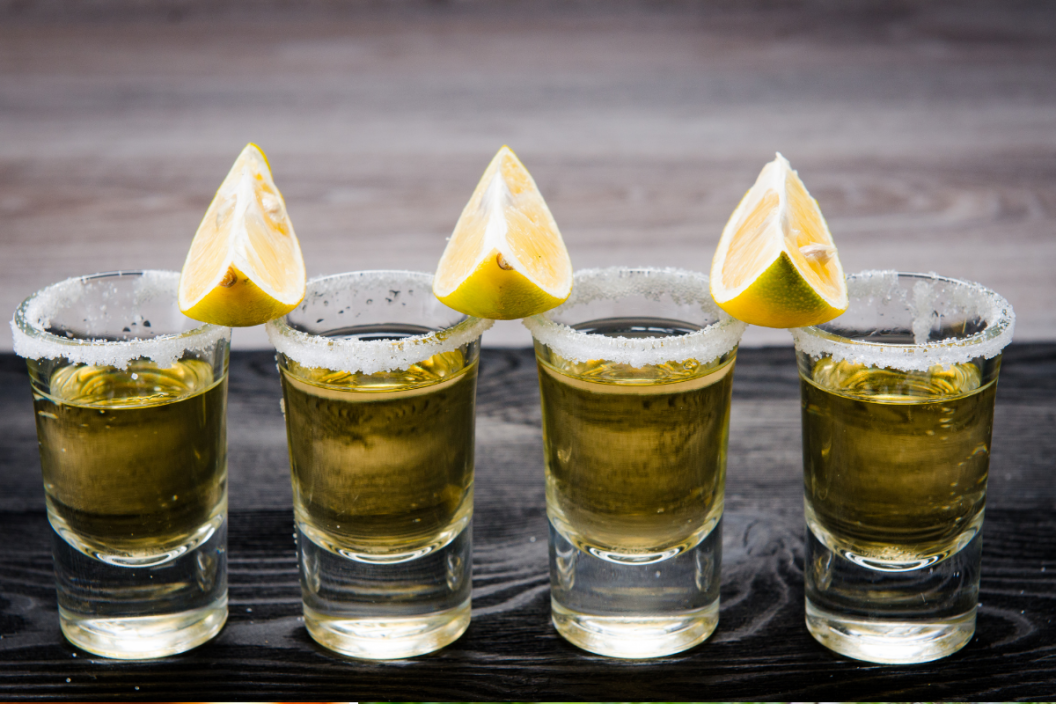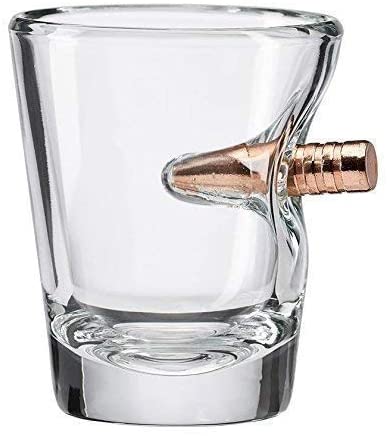The simple answer is your tequila is only partially lying to you. The answer to that question is yes and no. Alcohol is a depressant with some stimulant effects. In smaller doses, it can increase your heart rate, your impulsiveness, and aggression. Bar fights and drama, anyone?
Videos by Wide Open Country
But TECHNICALLY, alcohol is categorized as a central nervous system (CNS) depressant. The more alcohol you drink, the more likely you'll feel the effects of your brain function. You may feel sluggish, disoriented, and have slower reaction times. You'll be less sharp mentally, and you may temporarily lower your blood pressure and heart rate.
Basically, too much alcohol causes an overall feeling of impairment. Not quite breaking news but it's the initial stimulant effect that causes the confusion about whether alcohol is a stimulant or a depressant. For many people, alcohol consumption is a way to relax. Many people drink alcohol just in social situations. But the effects of alcohol in large amounts create the dreaded hangover when all that "relaxing" is over.
So How Does Your Drinky Drink Actually Cause The Depressant Effects of Alcohol?
Alcohol affects the brain in a few different of ways. First, it binds to receptors for gamma-aminobutyric acid (GABA), a neurotransmitter (brain chemical) responsible for producing feelings of calmness, relaxation, and sedation. It physically slows your breathing and heart rate. Second, it also suppresses glutamate, a neurotransmitter that excites the central nervous system.
The effects of alcohol can vary greatly depending on the imbiber. There's a number of factors, including body chemistry, gender, weight, alcohol tolerance, and how much alcohol consumed.
To get a rough idea of the amount of alcohol you'd need to drink to see how alcohol affects you personally, there are many handy BAC (blood alcohol concentration) calculators and apps. Stimulant effects occur when your BAC approaches 0.05 mg/l but the depressant effects kick in when your BAC reaches 0.08 mg/l. That's also the level when you're considered legally impaired to drive in most states.
It's all about moderation when it comes to alcohol. Moderate drinking is defined as one drink per day for women and two drinks per day for men.
So Is Alcohol A Stimulant Or A Depressant? I'm Confused!
https://www.instagram.com/p/CMvYJGbJarx/
So your tequila, with or without a tiny paper umbrella, is both a stimulant and a central nervous system depressant. Most people drink for the initial stimulant effect, to "loosen up" and reduce social inhibitions. Those first sips of your chosen alcoholic drink signal your brain to release dopamine, the "happy hormone." You feel energized and happy. But the more you drink, dopamine levels are suppressed, thus the beginning of many sad country songs.
Alcohol overdose, or alcohol poisoning, can cause unconsciousness, slow and irregular breathing, cold and clammy skin, and even death. And we all know to never mix alcohol and stimulant or depressant drugs, don't we? The answer is yes.
Some people may experience more stimulating effects from alcohol, while others may experience more depressant effects. People who experience more stimulating effects and fewer sedative effects may be at a higher risk for alcohol use disorder, alcohol addiction. or alcohol abuse.
If you're concerned about the drinking habits of yourself or a loved one, please seek medical advice. There are many treatment programs and treatment centers in the US today. Our physical and mental health is more important than any tiny paper umbrella.
Watch: Think You Know Which State Drinks the Most Beer?






